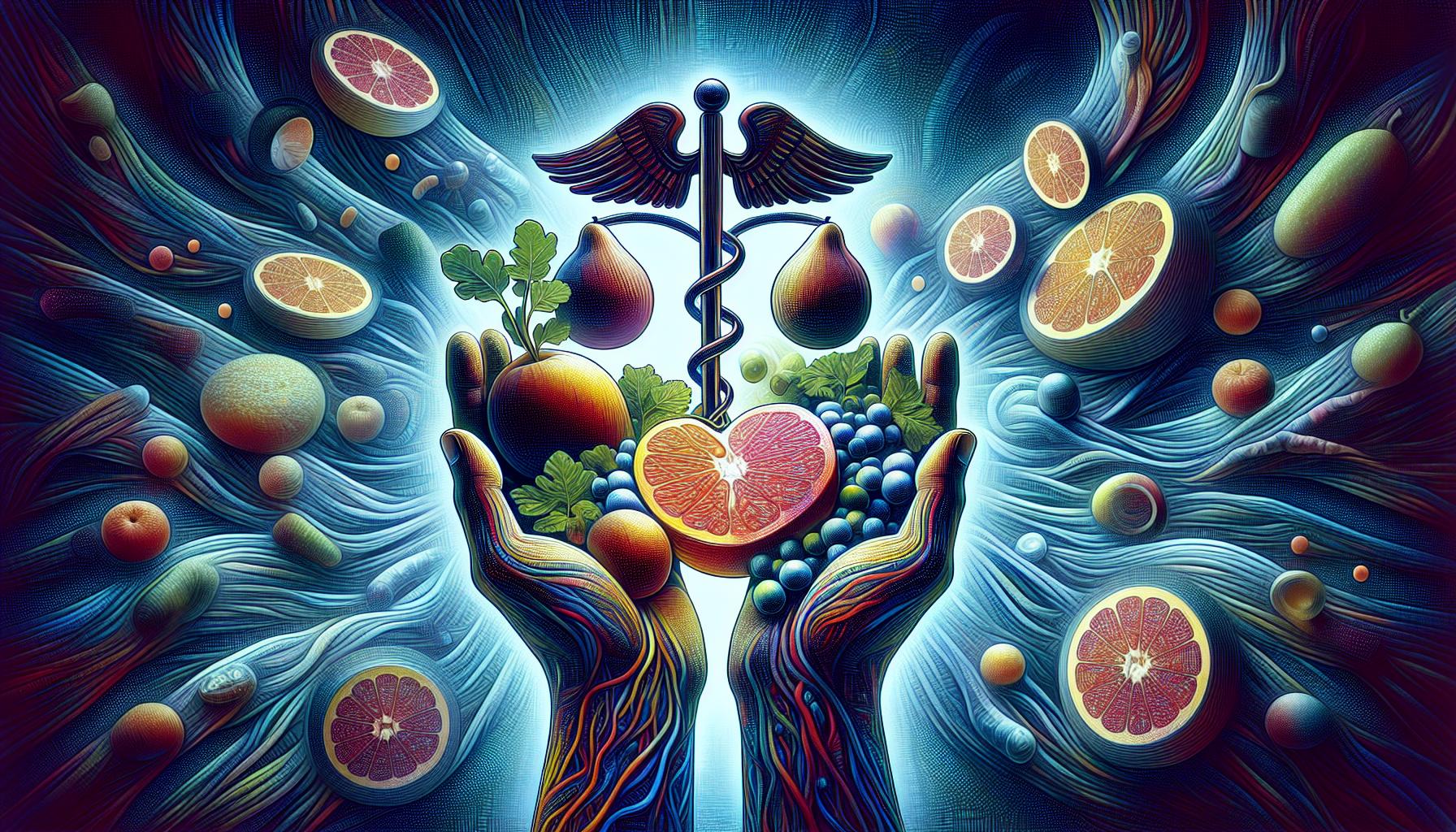Introduction
Are you wondering how to regain your strength after prostate surgery? The simple answer lies in your diet. Proper nutrition can play a pivotal role in speeding up your recovery process and maintaining overall health. This article will delve into the food items to focus on and those to avoid, helping you set up a diet that supports healing and strength. We will look at helpful dietary elements like protein, fiber, and antioxidants, discuss how to properly hydrate, and explore some meal suggestions to aid in your recovery.
The Importance of a Balanced Diet for Recovery
Following prostate surgery, your body is in a state of recovery. During this time, it’s imperative to adopt a balanced and nutrient-rich diet. When you consume nutrient-dense food, you provide your body with essential vitamins, minerals, and other beneficial substances, which contribute not only to general health but also aid in repair and healing.
Nutritional building blocks for strength
Consuming enough protein is essential during this period as it helps repair tissues and accelerate wound healing. Foods rich in fiber, like fruits, vegetables, and whole grains, are beneficial for managing constipation, a common post-surgery issue. Antioxidants found in berries, dark chocolate, pecans, and the like, contribute to warding off inflammatory processes, aiding in quicker recovery.
Liquids & Hydration After Surgery
Hydration has a significant role in the recovery process. Consuming ample fluids keeps the body hydrated, helps prevent constipation, and aids in flushing out toxins from the body. While water is a primary source of hydration, other natural drinks like herbal teas and fruit-infused water can provide a refreshing twist.
Monitoring your caffeine and alcohol intake
While it’s important to keep hydrated, you should be mindful of certain drinks. Consuming caffeine or alcohol can lead to dehydration, which can hinder your recovery. It’s best to limit consumption or totally avoid these during your healing journey.
Planning Balanced and Nutrient-dense meals
Planning and preparing balanced meals may seem like a chore, but it’s worth the effort. Catering to your body’s nutritional needs can amplify your recovery process, becoming a catalyst in restoring your strength post-prostate surgery.
Easy meal recommendations
Consuming high-protein foods, coupled with complex carbohydrates can drive your recovery. Dishes like grilled chicken with quinoa and veggies, oats topped with berries, and legume salads are fantastic options. Remember, the goal is to consume nutrient-filled foods that can help your body recover.
Avoiding Harmful Food Items
While focusing on nutritious foods is crucial, knowing what to avoid is equally imperative. Consuming foods that might trigger inflammation or digestive issues can impact your recovery.
What to steer clear of?
Avoid refined and processed foods, as they are low in fiber and may contribute to constipation. Also, limit salt intake and avoid overly spicy or greasy food as they may lead to digestive discomfort.
Conclusion
Recovering from prostate surgery can indeed be a slow and steady process. However, with the power of proper nutrients and a balanced diet, you can support and expedite your body’s healing process. Remember, hydration is a key ally and knowing what to avoid can further contribute to a smoother recovery path.
Frequently Asked Questions
1. How long does it take to recover from prostate surgery?
The recovery time can vary from person to person, but generally, it can range from six weeks to three months.
2. What are some high-protein foods to aid in recovery?
Eggs, dairy products, fish, lean meats, legumes, and nuts are excellent sources of protein.
3. Which fruits are beneficial after prostate surgery?
Fruits high in antioxidants like berries, oranges, and pomegranate can be beneficial.
4. Can I drink coffee after prostate surgery?
It’s best to limit caffeine intake after surgery as it can lead to dehydration.
5. What foods should I avoid after prostate surgery?
Try to avoid refined and processed foods like white bread and cookies, limit salt intake, and avoid overly greasy or spicy food.


